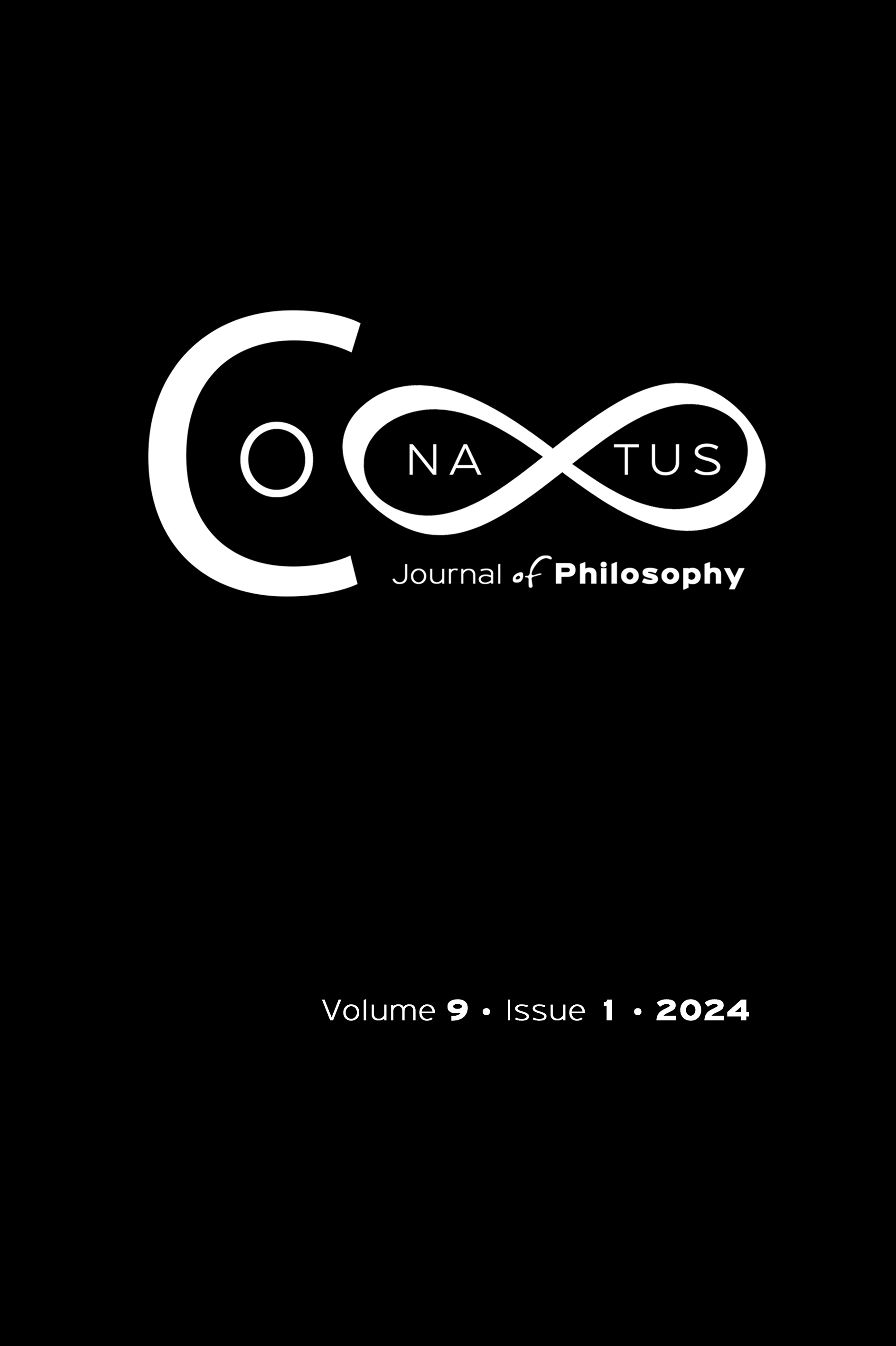Kant’s Thought Formation and the Role of the Mind: A Groundwork for Development

Abstract
This paper argues that no form of meaningful development can be discussed without an incursion into the realm of consciousness, from which ideas emanate. This paper demonstrates that human civilization is driven by notions such as ideas, imaginations, concepts, plans, and projects which are germane to social development. An examination of Kant’s theory of concept formation reveals that though objects are given to us by means of sensibility, it is through the understanding that concepts arise. The mind therefore becomes the ‘breeding’ ground from which our ideas are generated and organized. In Kant’s analysis of the faculty of understanding, he noted that there are a priori pure intuitions and sets of categories such as Quality, Relation, Modality that organize particular sensations into unified objects of experience. This capacity of the mind enables it to produce or generate ideas within its own operations. Ideas generated are used to recreate our world. This paper provides a conceptual framework to explicate the foundation of development. Using the method of analysis, this essay concludes that the basis of development − social, economic, and cultural − is hinged on the nature and role of the mind.
Article Details
- How to Cite
-
Onah, I., & Ugwu, A. K. (2024). Kant’s Thought Formation and the Role of the Mind: A Groundwork for Development. Conatus - Journal of Philosophy, 9(1), 131–155. https://doi.org/10.12681/cjp.32404
- Section
- Articles

This work is licensed under a Creative Commons Attribution-NonCommercial 4.0 International License.
Authors who publish with this journal agree to the following terms:
Authors retain copyright and grant the journal right of first publication with the work simultaneously licensed under a Creative Commons Attribution Non-Commercial International License (CC BY-NC 4.0) that allows others to share the work with an acknowledgement of the work's authorship and initial publication in this journal.
Authors are able to enter into separate, additional contractual arrangements for the non-exclusive distribution of the journal's published version of the work (e.g. post it to an institutional repository or publish it in a book), with an acknowledgement of its initial publication in this journal.
Authors are permitted and encouraged to post their work online (preferably in institutional repositories or on their website) prior to and during the submission process, as it can lead to productive exchanges, as well as earlier and greater citation of published work.






